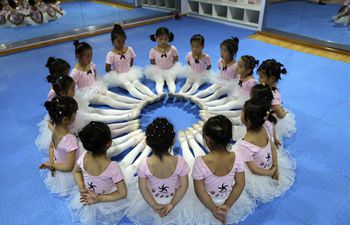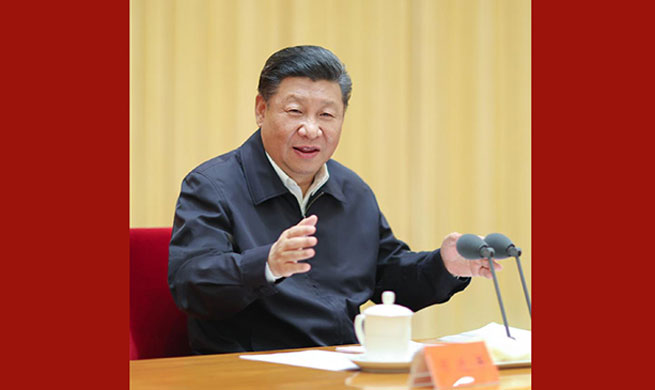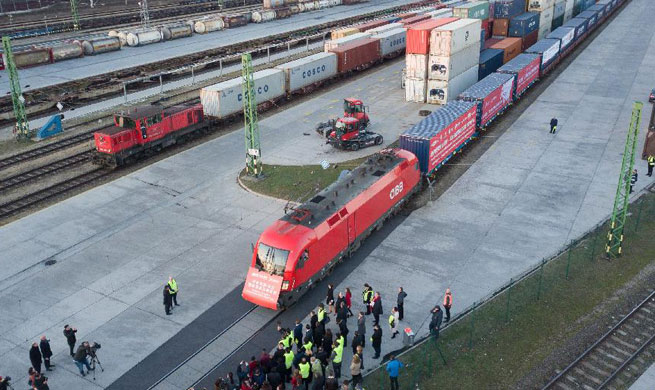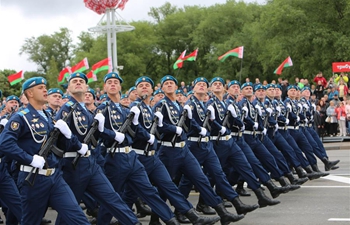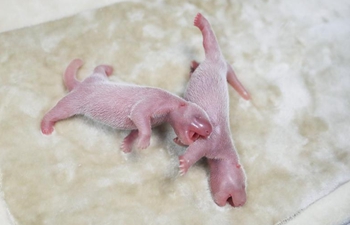BEIJING, July 5 (Xinhua) -- A senior Chinese diplomat has called for joint efforts from the international community to explore effective ways to prevent an arms race in outer space.
Assistant Foreign Minister Zhang Hanhui made the remarks at an international workshop for the prevention of an arms race in outer space held Wednesday and Thursday in Beijing.
Zhang said issues of outer space security are of great importance to the development and security interests of all countries.
"The international community should make joint efforts to prevent an arms race in outer space, and ensure lasting peace and stability," he said.
Zhang put forward four proposals on outer space security.
First, the international community should bring the applicable norms and principles on outer space to a completion to prevent weaponization of outer space so as to maintain enduring peace.
Second, countries should pursue common, comprehensive, cooperative and sustainable security and build a new type of international relations featuring mutual respect, justice and fairness and win-win cooperation to retain outer space security.
Third, countries should enhance international cooperation on peaceful use of outer space to realize common prosperity in the principle of achieving shared growth through discussion and collaboration.
Fourth, countries should improve outer space governance system and address challenges brought by deteriorating environment of outer space to promote sustainable development there.
Zhang said Chinese President Xi Jinping's proposal of building a community with a shared future for humanity has provided a solution to global challenges.
China has always been committed to peaceful use of outer space and promoted international negotiations of a treaty to prevent outer space weaponization, said Zhang, adding that China stands ready to work with the international community to reinforce international governance of outer space security and forge cooperation on peaceful use in the future.
Some 60 representatives from more than 20 countries including Brazil, South Africa, India, Pakistan, Germany, France, Italy, the Republic of Korea and Japan as well as the United Nations bodies and Chinese and international think tanks attended the two-day workshop.






